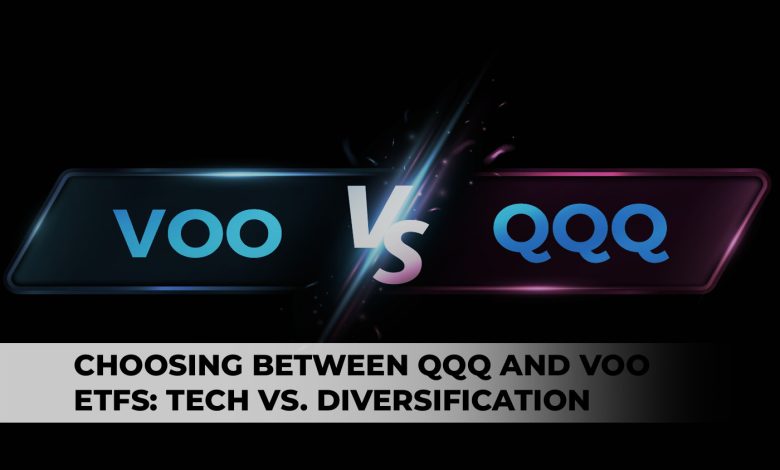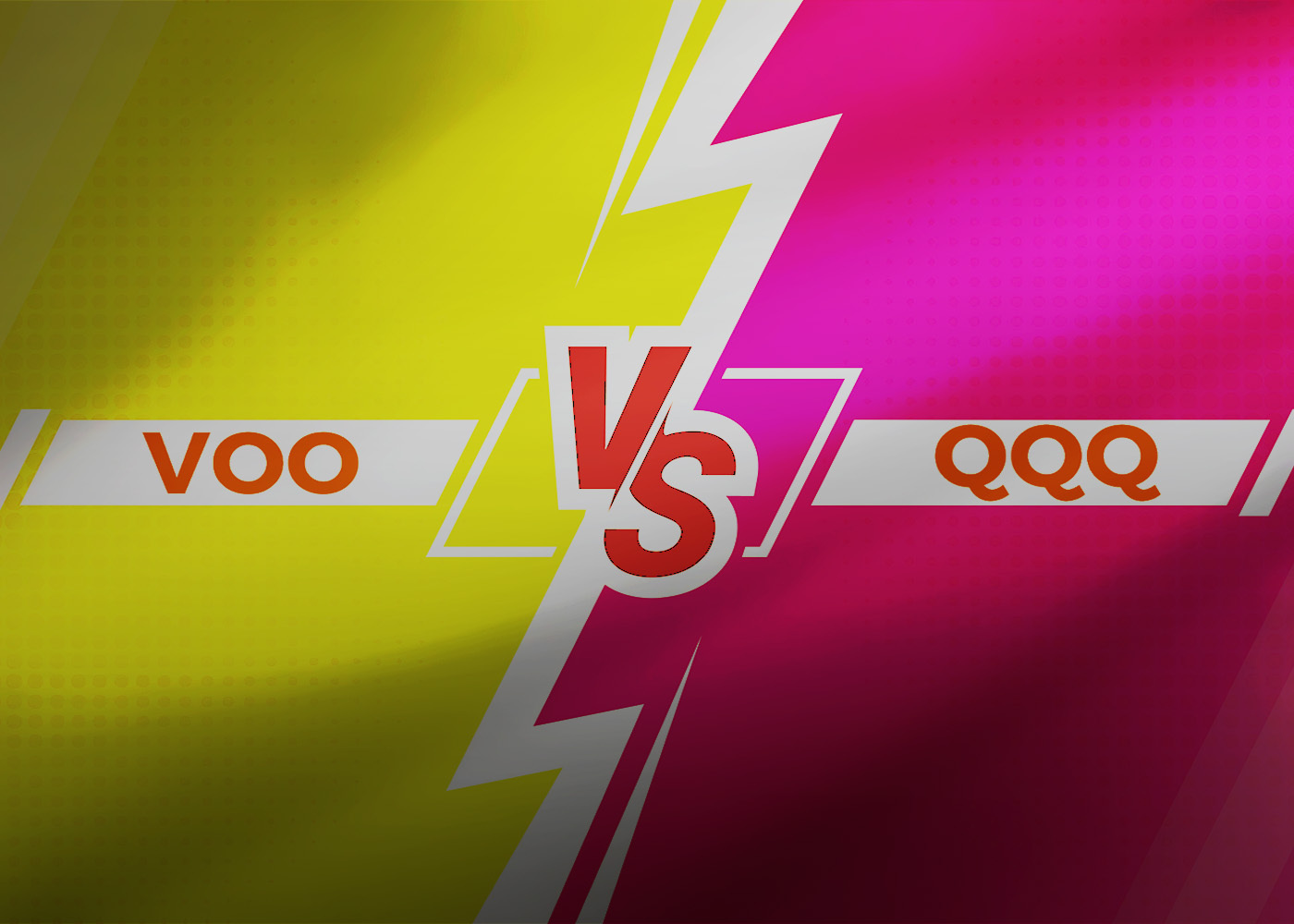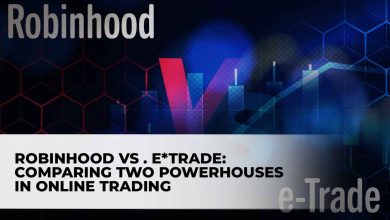
When it comes to ETFs, there are more than 250 alternatives that are asked about and often invested in on the internet. Recently, investing in exchange traded funds has become extremely popular. When it comes to entrusting money to the experts, QQQ and VOO are undoubtedly among the most popular alternatives. In this content, we’ve tried to provide you with an in-depth comparison of these two ETFs, in order to help you make an informed decision on which one is better for your investment goals. But before deciding which one to choose, you should seek the advice of an expert and take the necessary steps.
The information contained herein contains general information about ETFs and does not constitute investment advice in any way.
What Is An ETF? Let’s Understand The Logic
ETFs are a type of mutual fund that is traded on a stock exchange like individual shares. They aim to provide investors with exposure to a diversified portfolio of assets such as stocks, bonds or commodities at a low cost. ETFs are similar to mutual funds, but have some important differences, such as intraday trading, lower minimum investment amounts and tax efficiency. Some ETFs are diversified and have different features for different investment types.
What Are Sector Specific And Diversified ETFs?
One of the most important differences between ETFs is whether they are sector-specific or diversified. QQQ (Invesco QQQ ETF) is a sector-specific ETF that tracks the performance of the NASDAQ-100 Index, which consists of the 100 largest non-financial companies listed on NASDAQ.
VOO is the Vanguard S&P 500 ETF, a diversified ETF that tracks the performance of the S&P 500 Index of 500 large-capitalization U.S. stocks.
Here, these ETFs are built on different structures according to user interest and curiosity.

QQQ vs. VOO
One of the key differences between QQQ and VOO is their investment strategies. While QQQ focuses on the technology sector, VOO provides exposure to a diversified portfolio of US large-cap stocks. This means that QQQ can be more volatile but also offer more growth potential, while VOO can be less volatile but offer more stable returns over the long term.
In terms of performance, both ETFs have a strong track record. Over the last decade, QQQ has returned an average of 20.35%, while VOO has returned an average of 14.04%. However, past performance does not guarantee future results.
Factors to Consider When Choosing an ETF:
There are several factors to consider when deciding between QQQ and VOO. The first one is fees. QQQ has an expense ratio of 0.20% while VOO has an expense ratio of 0.03%. This means that VOO is significantly cheaper than QQQ.
Another factor to consider is diversification. VOO provides exposure to a diversified portfolio of US large cap stocks, while QQQ focuses on the technology sector. If you are looking for more diversification, VOO may be a better option.
Investment objectives and risk tolerance are also important considerations. QQQ may be more suitable for investors with a long-term horizon who are willing to take more risk, while VOO may be better for those who are more risk averse.
QQQ vs VOO Which Should I Invest in?
Investing in QQQ or VOO is relatively easy. Both ETFs can be purchased through a brokerage account or retirement plan. Once you have purchased the ETF, it is important to regularly monitor and manage your investment. Periodically rebalancing your portfolio can help ensure that your investment is aligned with your goals and risk tolerance.
Investing in ETFs can be an excellent way to achieve your investment goals. When deciding between QQQ and VOO, it is important to consider factors such as fees, diversification and investment objectives.
Ultimately, the decision should be based on your personal preferences and risk tolerance. We recommend that you do your own research and contact an expert before making an investment decision.






